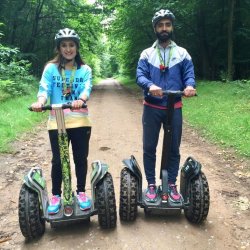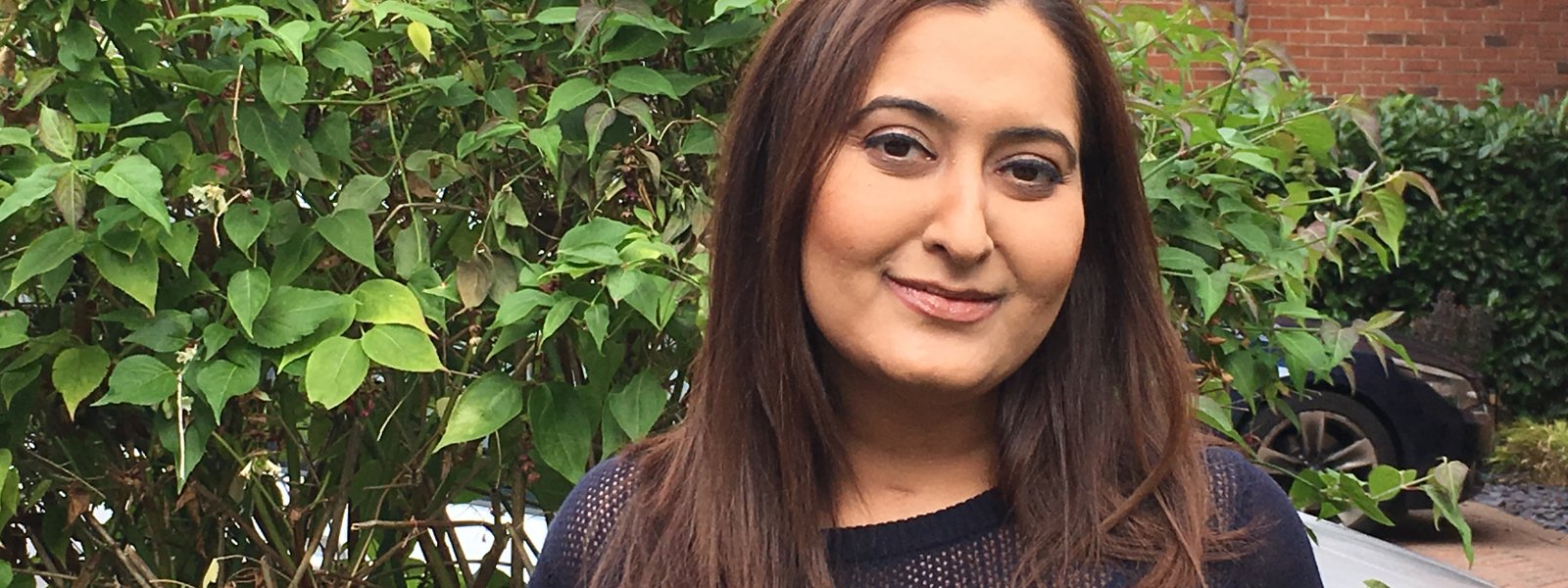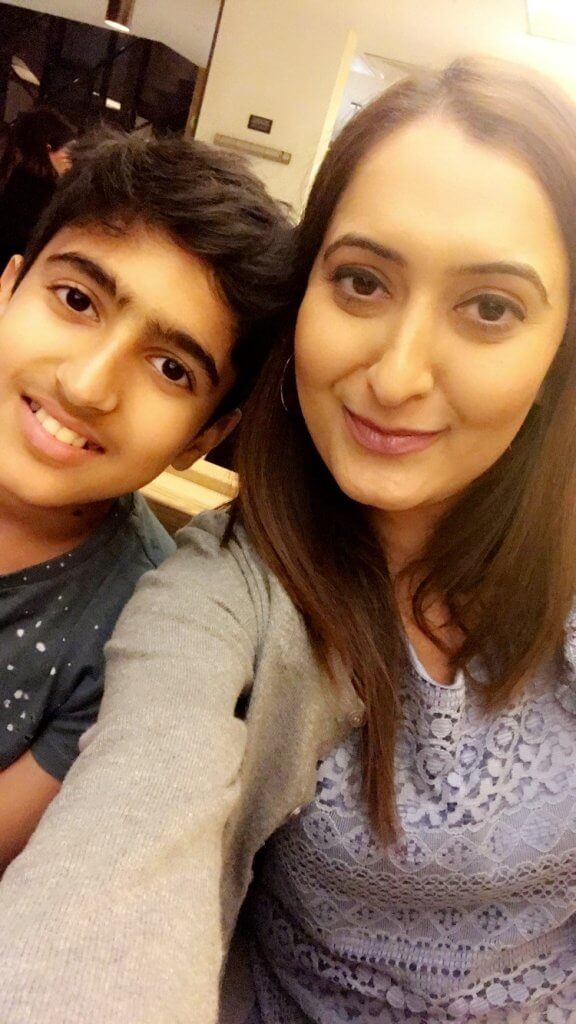“I feel like what I’ve been through hasn’t hit me yet”
In early 2018, mum-of-two Asha Sagoo from Leicester received a heart and double lung transplant. This is her story of a life-changing journey – with a few bumps along the road.
Life with pulmonary hypertension was hard, both physically and emotionally. I couldn’t breathe. I was on oxygen 24 hours a day, I was in a wheelchair, I had a Hickman line and I was totally dependent on my family and my small little children, Ryen and Shanon.
Last summer, because my organs had deteriorated so much, I was assessed for a heart and double lung transplant and told I wouldn’t survive without it. I think I cried for about a week.
I expected to be listed at some point, but I didn’t think I’d get the organs, because I’m a rare blood group and because I needed both heart and lungs.
I clearly remember jokingly saying ‘well, miracles can happen’, and I was told ‘probably not in your case’.
I was officially listed for transplant in October last year, and my phone was with me constantly in case the call came. It was always on my mind. If I was in the shower, I’d tell my children that they must answer the phone. Every time it rang I wondered if that would be it.
Because I had a Hickman line and was in a wheelchair and on oxygen, the kids could see I was sick. I told Ryen, my eldest, that mummy was poorly and couldn’t breathe properly but that one day, when the doctor rings, it would be because there is a cure. So, he knew it was important to answer the phone.
In January this year, three months after I was listed for transplant, I developed sepsis out of the blue. I was in intensive care for a week and all my organs were failing, so because of this, I was taken off the list. I was devastated. I was off the list for two weeks and convinced myself that the call would have come during that time. I felt so angry about it.
After tests showed my organs were ok, I was relisted in February. A week later, I was playing board games with my family in the living room and my phone rang.
When I was told there was a possible match, my first reaction was to think it was a joke as the call had come so quickly. I was asked to get to the hospital within three hours.
Before setting off I took my children to the side one by one and told them what might happen. I said if they had found a cure, they’d see me in hospital after a couple of weeks.
The organs were a match and as I was wheeled to the theatre, I cried my eyes out. I didn’t know whether I was going to come out, but I had to do it for my children. My son had to carry me up the stairs, he had to carry my medicines, and I couldn’t live like that anymore. I had to take the chance.
Three weeks after the operation it was discovered that I had a blood clot. I was still in hospital, and I had to be un-stitched so they could sort the clot out, meaning I remained in intensive care for another two weeks.
I then went through rejection – my body wouldn’t accept the new lungs and heart – and I was sedated for two and a half weeks. I could hear some things, but I didn’t have the strength to open my eyes. I also remember hallucinating a lot, which must have been the medication.
Eventually I was moved out of intensive care onto the main ward, and in total I was in hospital for seven weeks. I was the third patient at the Queen Elizabeth Hospital ever to receive a heart and double lung transplant.
All I know about my donor is that she was female, and that she was 47 years old when she died. She was on life support when the organs were taken as the heart had to be alive. That’s a big thing for the family and I only found that out recently.
Because of her, my life is now fantastic. I can walk up the stairs – which is amazing. I couldn’t even cook a meal before, but now I’m cooking all the time.
I’m picking my kids up from school, taking them swimming, and we can go to the cinema together. There’s no oxygen to carry around, and no wheelchair, which is massive for me. Being able to breathe on my own now makes me feel free.
In some ways I feel like what I’ve been through hasn’t hit me yet. I’ve been invited back by the hospital to go through what actually happened, while I was there. I think it would stop me overdoing things, as the first year post-transplant is crucial. Once I realise what I actually went through, it might hit home.

The transplant has definitely changed my perspective. I appreciate life more and I want to make every day important.


















